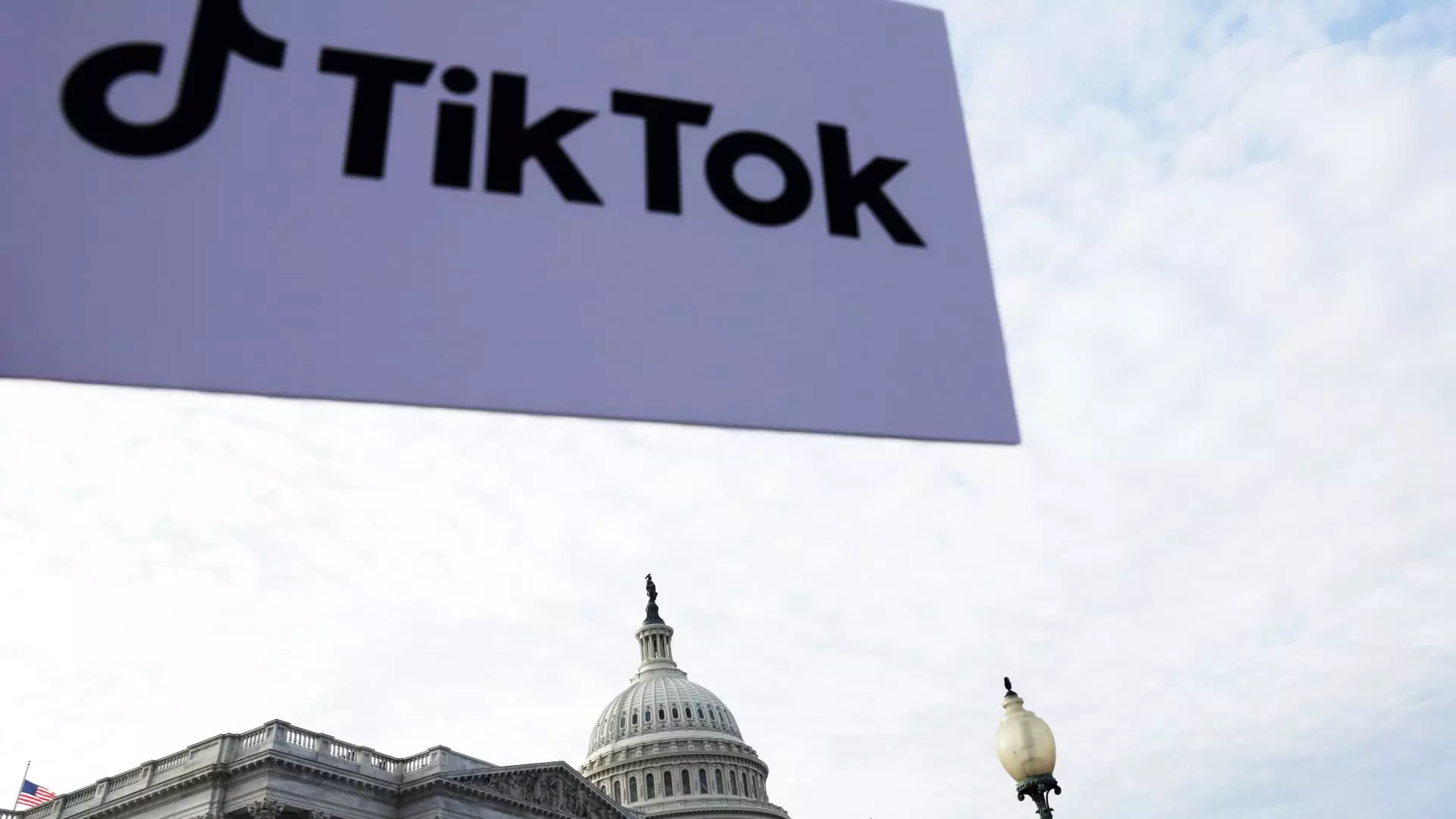In a dramatic twist in the ongoing saga of TikTok’s existence within the U.S. digital landscape, members of the House Committee are increasingly vocalizing their expectations for Apple and Google as they prepare for potential compliance with legislation that could effectively put TikTok out of commission in America next month. The urgency was underscored by letters dispatched on a recent Friday to the CEOs of these tech giants, which emphasized the critical role they play as gatekeepers to the vast app ecosystem that fuels user engagement and commerce. Representatives John Moolenaar and Raja Krishnamoorthi, members of the Select Committee on the Chinese Communist Party, have drawn attention to a recent judicial ruling that mandates TikTok’s parent company, ByteDance, to divest its interests by mid-January. This decision adds a layer of complexity to an already contentious political atmosphere surrounding the application.
The U.S. Court of Appeals in Washington, D.C., upheld a pivotal law that, if left unchecked, could lead to the unilateral removal of TikTok from U.S. app stores should ByteDance fail to meet the divestment deadline. The letters to Cook and Pichai encapsulated the legal ramifications, stating that lack of compliance would render it illegal for these app stores to facilitate the distribution or management of TikTok — a stark warning that underscores the delicate intersection of technology, commerce, and national security. The referenced law is positioned as a national security measure but presents significant questions about accountability and the broader implications of corporate compliance in geopolitical hostilities.
In their correspondence, Moolenaar and Krishnamoorthi emphasized that Congress has been amply patient, allowing TikTok a substantial 233 days to comply with the divestment order. This extended timeframe begs the question of whether TikTok has truly made any genuine efforts toward alignment with U.S. policy objectives or if it has merely engaged in legal maneuvering to prolong its access to this lucrative market. The lawmakers also reiterated their commitment to national security, implying that the protection of American user data from foreign adversaries is of paramount importance.
In response to the mounting pressure and looming legislative actions, TikTok has vigorously contested the legality of the impending ban, asserting that it is a violation of First Amendment rights for its 170 million users. This claim was met with skepticism by the three-judge panel, which deemed the law appropriately designed to safeguard U.S. interests. Following this setback, TikTok has filed for an emergency injunction, arguing that the economic repercussions of a ban would be dire, predicting a staggering $1.3 billion loss for small businesses and content creators if the platform were to be shut down.
Complicating matters further is the uncertain political landscape. President-elect Donald Trump has yet to clarify his administration’s stance on enforcing the TikTok ban as he prepares to take office. His previous attempts to restrict TikTok during his initial term were met with mixed results, and his subsequent meetings with notable stakeholders, including hedge fund magnate Jeff Yass, could influence his decisions moving forward. This relationship raises questions about the intertwining of politics and corporate interests, suggesting that personal connections may shape policy outcomes in unforeseen ways.
The unfolding saga of TikTok presents a multifaceted dilemma involving legal interpretations, corporate accountability, national security, and economic impact. As Apple and Google navigate this turbulent landscape, they are confronted not only with regulatory challenges but also with the ethical implications of their roles as facilitators of digital culture. The potential impact of a TikTok ban extends beyond mere app availability; it encompasses broader issues of free expression, economic livelihoods, and the very nature of how we engage with digital platforms. As the clock ticks down to the divestment deadline, stakeholders across the spectrum will be watching closely, each hoping that their interests are safeguarded in this unfolding drama.


Leave a Reply